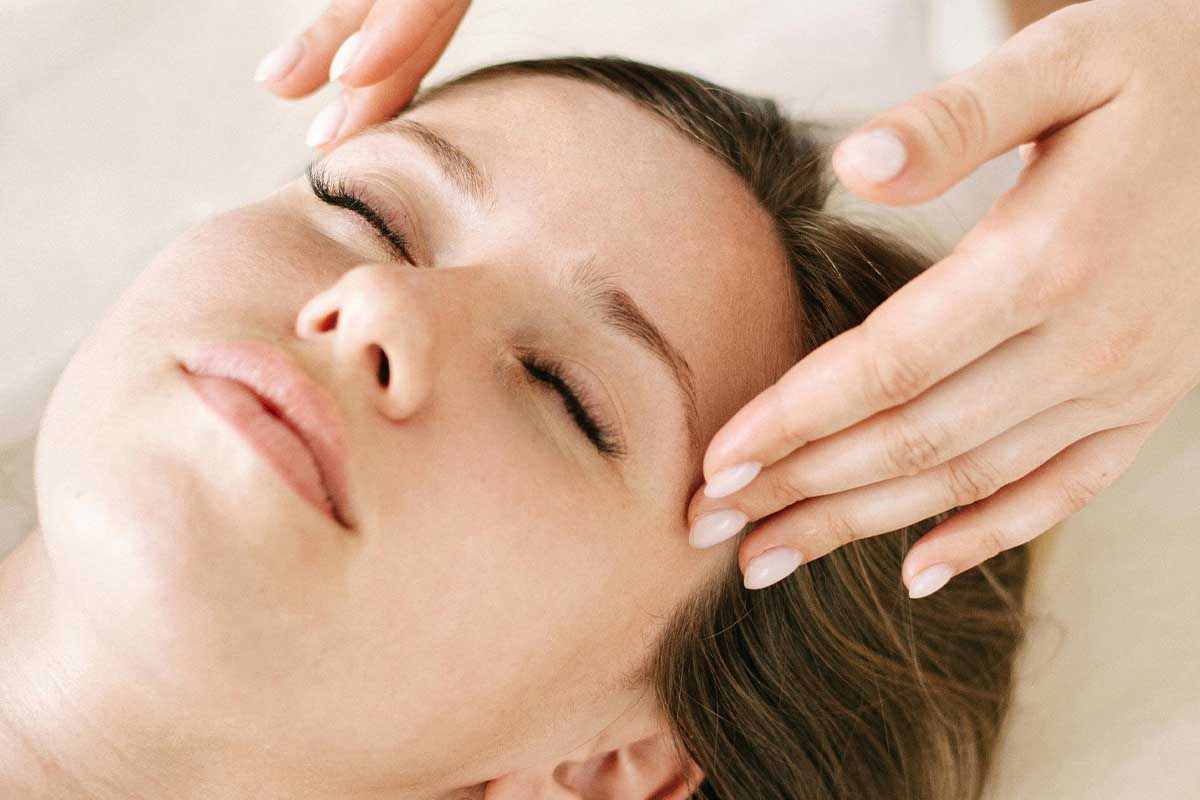Advertisement
Tanning Sans Soleil
Self-tanner tips

Tanning has come a long way. People used to slather on concoctions made of everything from baby oil to vegetable shortening to iodine and stretch out in the midday sun surrounded by aluminum sun-reflecting panels to better catch the rays.
Fast-forward to 2009, when we’re better informed about the dangerous effects of prolonged sun exposure, including cancer and premature aging of the skin. We know now that tanning is bad for us. But for those who still crave a bit of bronze, there is a solution in self-tanning products.
Self-tanner facts
Self-tanners come in lotions, sprays, mousses, and gels–you can even get them in pre-moistened towelettes. The active ingredient in self-tanners is called dihydroxyacetone, or DHA, a sugar that reacts with the amino acid in dead cells on the surface of the skin, producing a temporary tan colour.
Self-tanners are approved for use by the Canadian Cancer Society and Health Canada, but it’s important to use them properly in order to get a safe tanned look.
Don’t forget the sunblock
Unless your self-tanner has an SPF level listed on the package, assume that it doesn’t provide any sun protection. Be sure to apply sunblock regularly when out in the sun; the golden colour of a sunless tan will not protect you from sun damage.
Evidence indicates that if you use a self-tanner, you need to be extra careful of UV rays. In a 2007 study, researchers discovered that skin which had been treated with DHA formed 180 percent more free radicals during sun exposure than skin which had not been treated. If you use self-tanner on your skin, be sure to protect yourself well before heading out into the sunshine.
Go natural
While DHA is a naturally occurring sugar, there can be plenty of ingredients in self-tanning formulas that aren’t so natural. In order to minimize your chemical exposure, look for a self-tanner that is paraben-free and doesn’t contain petrochemical products such as mineral oil.
Whichever brand of self-tanner you choose, make sure to follow the application directions on the package carefully. If you do, you can have a safe, beautiful golden glow in no time!




